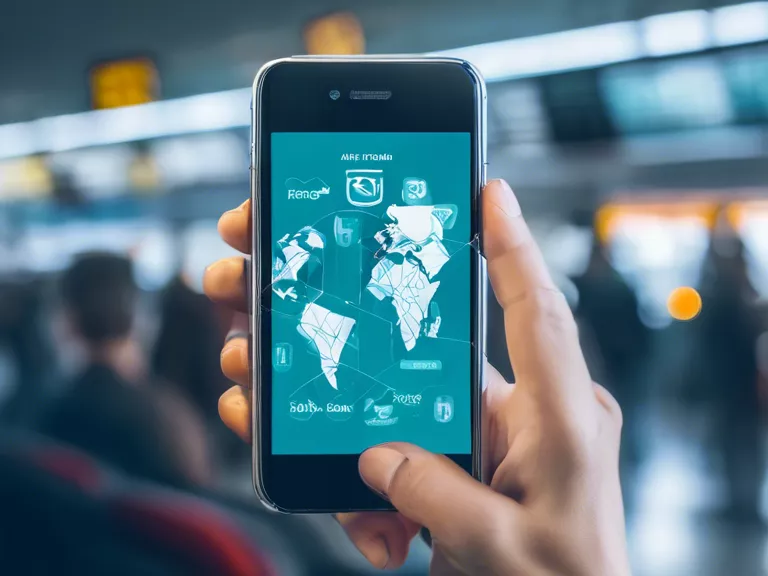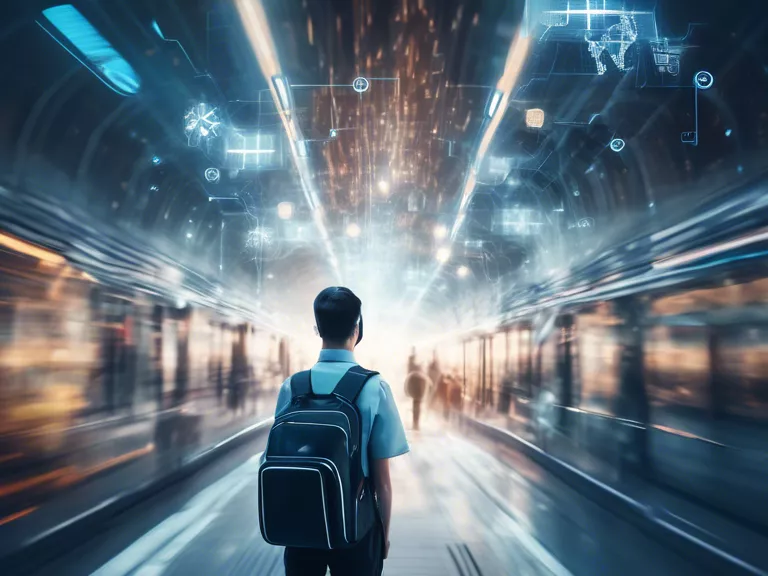
In recent years, the travel industry has seen a significant transformation with the integration of artificial intelligence (AI) technologies. One of the most crucial ways in which AI is revolutionizing travel safety is through predictive alerts. By analyzing massive amounts of data in real-time, AI can help predict potential risks and provide early warnings, ultimately enhancing the safety and security of travelers worldwide.
One of the key areas where AI predictive alerts are making a difference is in the realm of weather forecasting. AI algorithms can process historical weather data, current meteorological conditions, and even satellite imagery to predict severe weather events with greater accuracy and speed than traditional forecasting methods. By alerting travelers and travel agencies about impending weather disruptions, AI-powered systems can help prevent travel delays and ensure that appropriate safety measures are taken.
Furthermore, AI predictive alerts play a vital role in monitoring global events and assessing their impact on travel safety. Whether it's political unrest, natural disasters, or health emergencies, AI systems can analyze news reports, social media feeds, and other sources of information to identify potential risks to travelers. By providing real-time alerts and recommended actions, AI helps travelers make informed decisions and navigate challenging situations more effectively.
Another area where AI predictive alerts are proving invaluable is in the detection of security threats. AI-powered systems can analyze patterns of suspicious behavior, monitor security camera feeds, and flag potential risks at transportation hubs, hotels, and other travel-related locations. By alerting security personnel and travelers about possible threats in advance, AI can help prevent security incidents and keep travelers safe.
Overall, the adoption of AI predictive alerts in travel safety represents a significant step forward in ensuring the well-being of travelers. By leveraging the power of AI to analyze data, predict risks, and provide timely alerts, the travel industry is better equipped to handle emergencies, minimize disruptions, and enhance the overall safety and security of travelers around the globe.



